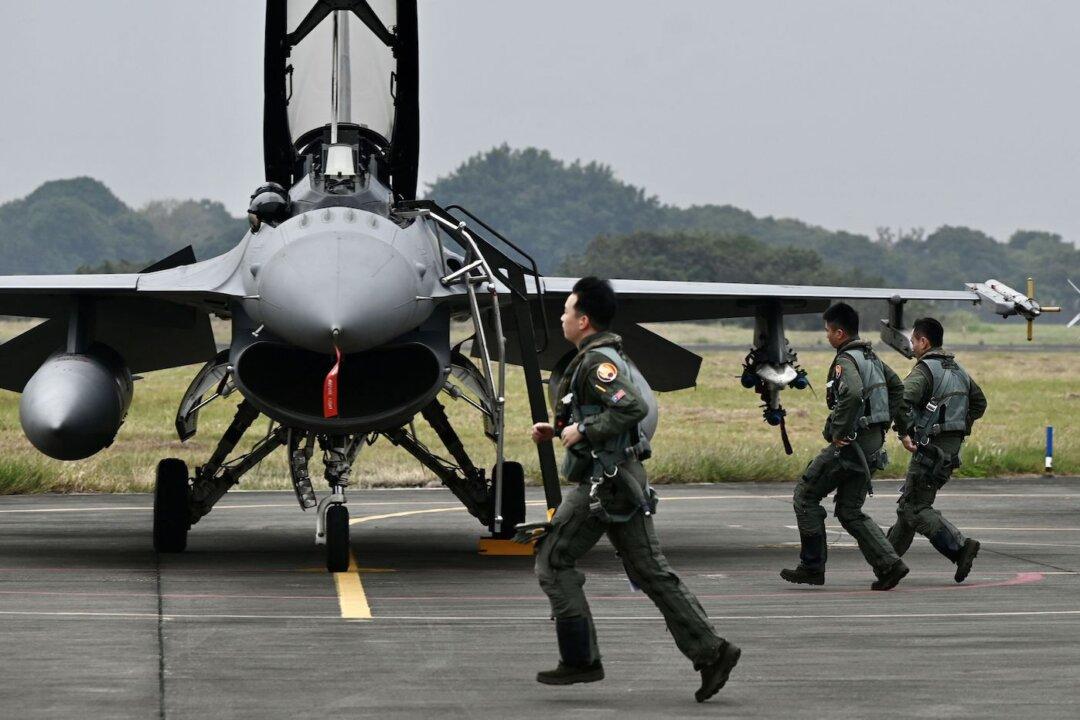Ukraine’s fierce resistance against invading Russian forces could be a model for how Taiwan should defend itself in the event of an invasion by the Chinese regime, a senior defense official told senators at a congressional hearing on March 10.
“I think the situation we’re seeing in Ukraine right now is a very worthwhile case study for them about why Taiwan needs to do all it can to build asymmetric capabilities, to get its population ready, so that it can be as quickly as possible should China choose to violate its sovereignty,” said Mara Karlin, assistant secretary of defense for strategy, plans, and capabilities.





